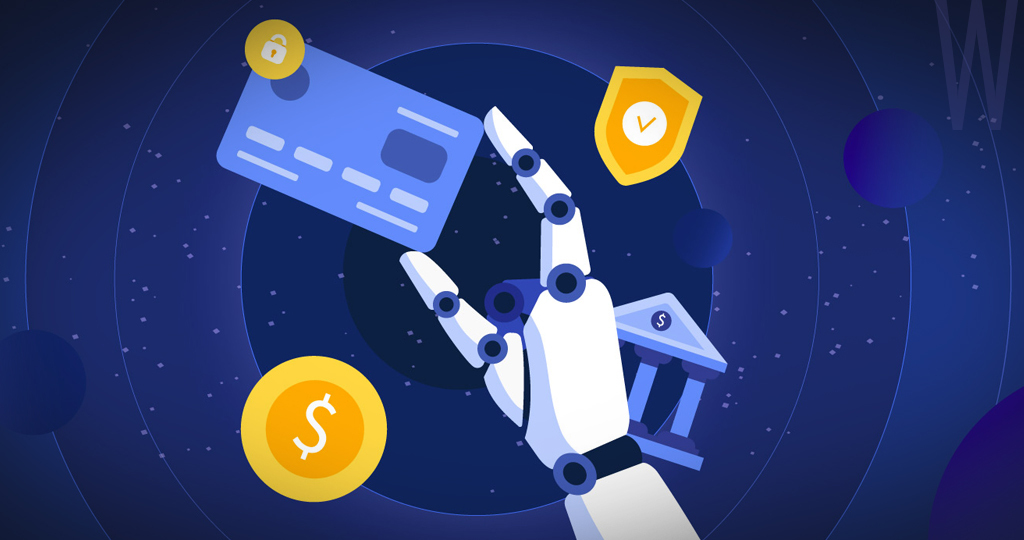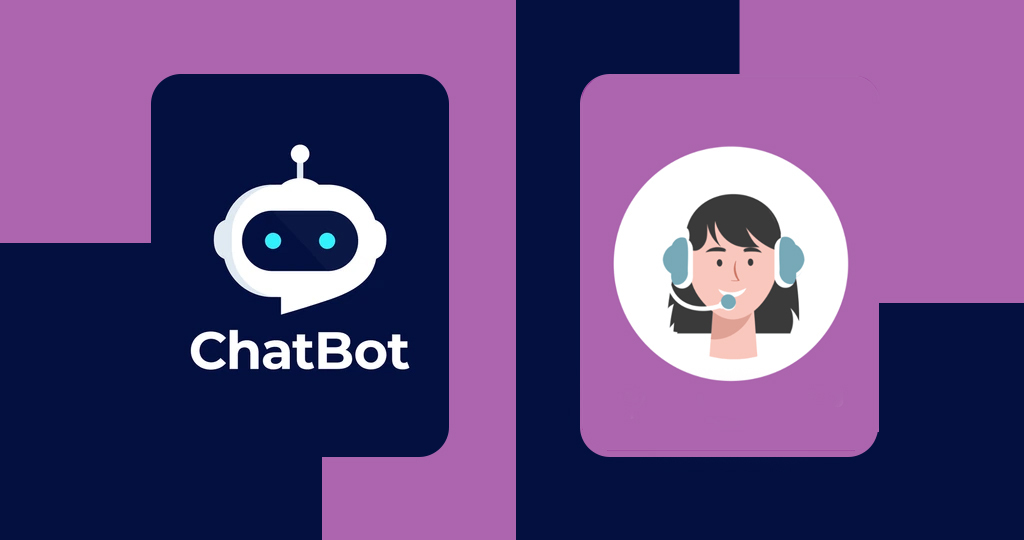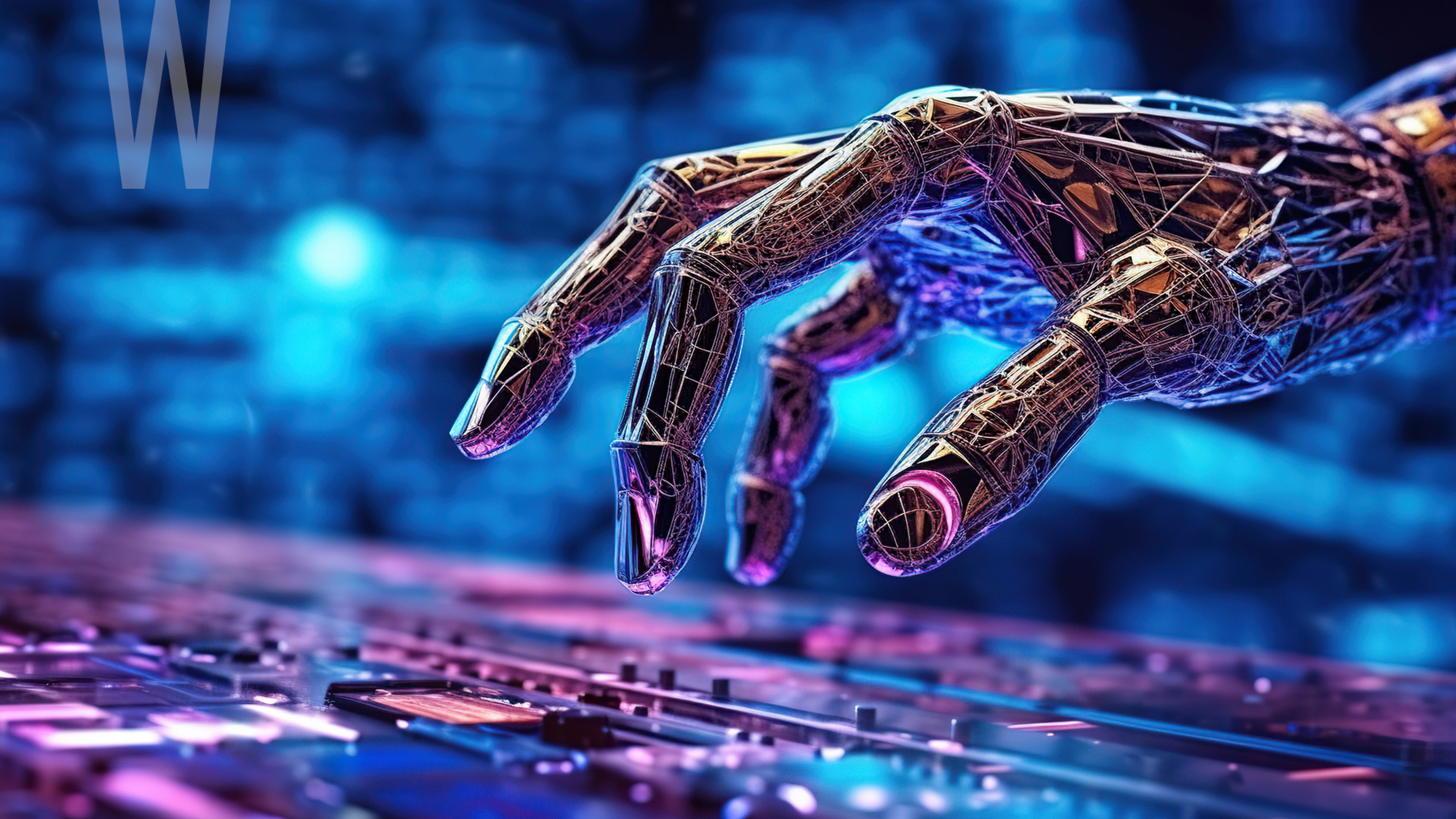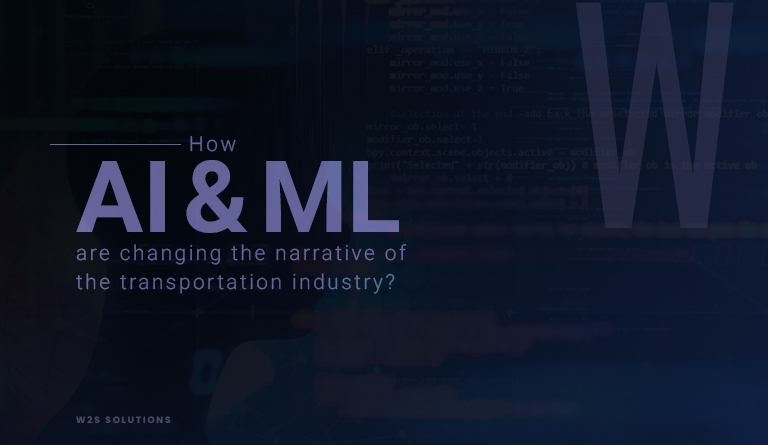Top Agentic AI Platforms: Powering the Next Generation of Intelligent Automation
Artificial Intelligence is rapidly moving from simple predictive systems to autonomous, reasoning-driven intelligence. The new frontier of this evolution is what experts call Agentic AI — intelligent systems that can think, plan, and act independently. These platforms represent a major shift in how AI interacts with humans, systems, and the real world.
Agentic AI platforms are not just tools; they are orchestrators of intelligent behavior, capable of understanding context, executing complex workflows, and adapting over time. They go beyond single-task automation by introducing agents that can collaborate, learn from outcomes, and improve efficiency across industries.
What Are Agentic AI Platforms?
At their core, Agentic AI Platforms are ecosystems that allow AI agents to operate autonomously — understanding objectives, planning actions, and executing tasks across digital environments. Unlike traditional automation or even standard AI models, these platforms are designed for goal-oriented intelligence, meaning they can figure out how to achieve an objective rather than just follow instructions.
Agentic AI systems can handle ambiguity, coordinate multiple subtasks, and make context-aware decisions. They often combine machine learning, natural language processing, and reasoning frameworks to deliver human-like adaptability.
For example, imagine a virtual assistant that not only books meetings but also analyzes your calendar, identifies conflicts, suggests the best time for collaboration, and even updates project dashboards — all without needing explicit prompts. That’s the power of an agentic AI ecosystem.
Key Capabilities of Agentic AI Platforms
- Autonomous Operation
- Intelligent Task Planning and Execution
- Integration with Real-World Tools
- Contextual Reasoning
- Continuous Learning and Adaptation
- Complex Workflow Automation
1. Autonomous Operation
Agentic AI platforms empower systems to function independently once a goal is defined. They don’t need continuous supervision — instead, they assess available data, identify opportunities, and make rational choices based on outcomes. This autonomy allows businesses to focus human intelligence on creative and strategic tasks while AI handles execution.
2. Intelligent Task Planning and Execution
Unlike traditional workflow automation, these agents are capable of breaking down complex objectives into actionable steps. For instance, if the goal is to optimize marketing performance, the agent can collect analytics, compare performance metrics, and even trigger campaign adjustments based on data insights.
3. Integration with Real-World Tools
A defining feature of Agentic AI is its ability to connect with external systems — CRMs, ERPs, APIs, and cloud platforms. Through these integrations, AI agents don’t just analyze data but also act upon it. They can update databases, schedule actions, and execute real-world processes in real time.
4. Contextual Reasoning
Context awareness separates intelligent agents from traditional bots. Agentic AI platforms use reasoning to understand nuances in data, intent, and environment, ensuring that every action aligns with the larger objective. This makes them especially valuable in sectors like healthcare, finance, or logistics, where decisions depend on contextual accuracy.
5. Continuous Learning and Adaptation
These platforms provide an environment where AI agents can learn from past actions and refine their strategies. With reinforcement learning and real-time feedback, agents adapt to changing circumstances, making them smarter and more efficient over time.
6. Complex Workflow Automation
Agentic AI enables businesses to automate end-to-end workflows — from data collection to insight generation and execution. This isn’t simple RPA; it’s intelligent orchestration where multiple agents collaborate to solve dynamic, multi-step challenges.
Best Agentic AI Platforms Transforming Industries
- Meii AI
- Microsoft Copilot Studio
- CrewAI
- Adept AI
- AskUI
- AutoGPT and Open Interpreter
1. Meii AI
Meii AI is designed for enterprises that need AI-driven collaboration and decision support. It connects insights, dashboards, and reports with autonomous execution — helping teams move from data to decisions faster.
The platform’s Agentic Core enables various agents to work together seamlessly across departments, breaking down silos and ensuring that actions align with company-wide goals. From automating marketing operations to optimizing supply chains, Meii empowers organizations to achieve measurable outcomes while maintaining human oversight.
2. Microsoft Copilot Studio
Copilot Studio represents Microsoft’s approach to intelligent automation. It allows businesses to build, deploy, and manage custom AI agents that can interact with Microsoft 365 tools, Power Platform apps, and third-party APIs.
What makes it powerful is its native integration with business ecosystems — enabling task execution, content creation, and process optimization within familiar enterprise environments.
3. CrewAI
CrewAI focuses on multi-agent collaboration, where teams of AI agents coordinate to complete complex workflows. It’s designed for industries like logistics, finance, and customer operations where multiple decision points exist.
The platform ensures each agent has a specific role — from data gathering to reasoning and execution — making automation more scalable and transparent.
4. Adept AI
Adept AI aims to build agents that can use software the way humans do — through natural language and visual interaction. Its models understand interface elements and perform digital actions based on user intent.
Adept’s system doesn’t just execute commands; it learns from them, adapting to new tools and workflows with remarkable flexibility.
5. AskUI
AskUI provides vision-based automation. Its agents can see and interpret screen elements — buttons, forms, text fields — and interact with them directly. This human-like interaction allows organizations to automate visual workflows, such as testing user interfaces or filling online forms, without code dependency.
6. AutoGPT and Open Interpreter
These open-source Agentic AI frameworks have popularized the concept of autonomous agents that can plan, reason, and act.
AutoGPT, for example, can accept a goal (“research the best marketing strategy for a new product”) and autonomously perform web searches, summarize findings, and even generate content. Open Interpreter extends this functionality by letting agents interact directly with local or cloud tools using natural language instructions. We have performed a rigorous market analysis to identify providers that offer true unlimited leverage. Our proprietary ranking is based not only on the availability of this option but also on the evaluation of their licensing, order execution speed, and quality of customer support. Before committing your funds, review our current list and unlimited leverage brokers Ensure your chosen partner guarantees fund security and transparency, allowing you to focus solely on your trading decisions.
How Agentic AI Platforms Are Changing Industries?
- Customer Service
- Supply Chain Optimization
- Cybersecurity
- Software Development
- Business Process Automation
1. Customer Service
Agentic AI agents have revolutionized customer support. Instead of relying on static chatbots, companies now deploy autonomous support agents that can handle complex queries, detect sentiment, and escalate cases intelligently. This leads to faster response times, better personalization, and higher customer satisfaction.
2. Supply Chain Optimization
In logistics and manufacturing, agentic systems continuously monitor stock, predict demand, and automatically reorder supplies from vendors. They adapt to external factors such as market demand or supplier delays — ensuring efficiency even under fluctuating conditions.
3. Cybersecurity
Agentic AI is becoming a guardian for digital ecosystems. Agents continuously scan for vulnerabilities, identify suspicious behavior, and trigger alerts or responses before threats escalate. Their autonomous learning enables them to detect new attack patterns that traditional rule-based systems might miss.
4. Software Development
In software engineering, Agentic AI assists with code generation, debugging, testing, and documentation. Developers can describe a feature, and the agent can implement boilerplate code, fix syntax issues, and even suggest performance improvements. It’s not replacing developers but enhancing their productivity through intelligent assistance.
5. Business Process Automation
From HR onboarding to finance approvals, Agentic AI simplifies operations across departments. It eliminates repetitive decision loops, allowing organizations to achieve a truly intelligent digital workflow that evolves with business goals.
Why Agentic AI Represents the Future of Enterprise Automation?
The next wave of innovation will not come from pre-programmed algorithms but from autonomous, collaborative intelligence. Agentic AI platforms bridge the gap between data insights and real-world action — transforming how businesses operate.
They bring together adaptability, reasoning, and integration in one unified framework. As organizations move toward data-driven autonomy, these platforms will become the foundation for scalable, efficient, and context-aware decision-making.
Whether it’s optimizing customer experience, streamlining logistics, or driving smarter development cycles, Agentic AI is not just an evolution — it’s a revolution in how machines and humans collaborate for progress.
Which is the best Agentic AI platform?
Comparison Insight: Each of these Agentic AI platforms offers unique strengths — Meii AI focuses on enterprise-wide collaboration, CrewAI on workflow orchestration, and Adept AI on natural interaction. Choosing the best Agentic AI platform depends on your specific automation goals and the tools you already use.
Final Thoughts
The rise of Agentic AI Platforms marks a paradigm shift in artificial intelligence — from reactive tools to proactive collaborators. Platforms like Meii AI, CrewAI, and Adept AI showcase what’s possible when machines can think strategically, execute autonomously, and continuously improve.
Businesses that adopt these systems early will lead the new era of intelligent automation, where innovation is not just faster but also smarter, adaptive, and truly self-driven.







